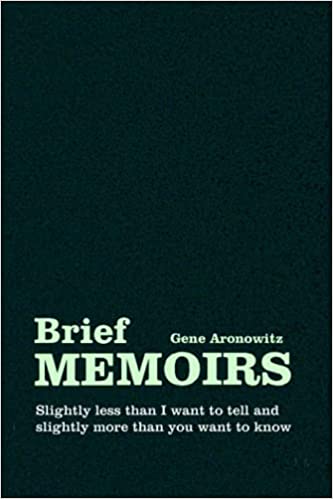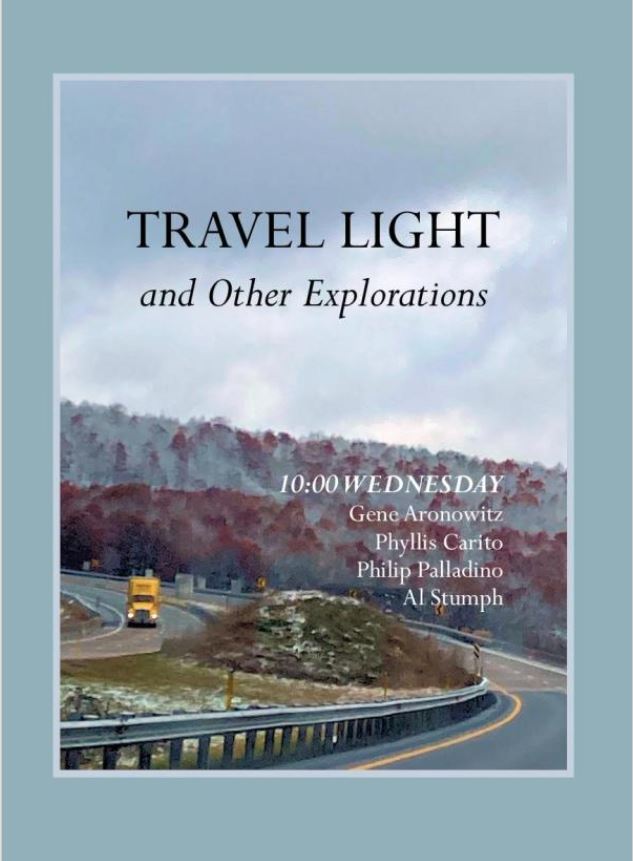Missed Opportunities
By Gene Aronowitz
“She’s treating me like a piece of wood,” my mother shouted, as I walked in.
“What’s wrong?” I asked.
“Always pushes me around on the back wheels.”
“She’s in a hurry,” I replied. “You need to get used to it.”
She often yelled in those days. When she was 84, just a year older than I am now, I usually found her sitting in that ever-present procession of stationary wheelchairs in the hall of her nursing home. Usually, the first words I’d hear as I arrived were “I want to go home.”
I tried to be patient with her at first but, eventually, I turned stern and said as emphatically as I could “You are home.” She didn’t have the capacity to argue with me although she would sometimes open her mouth briefly. I didn’t take what she said to be a statement of preference. I heard it as an accusation that I had somehow failed her. I saw no alternative to putting her into what I considered the best nursing home in the area and grew increasingly irritated at what I perceived, then, as her lack of appreciation. I never spoke to her of my discontent and I never learned of hers.
But one night, she was not sitting out in the hall. She was not yelling. She did not say she wanted to go home. She was lying quietly in bed.
“What’s up?” I asked as I entered her room.
“I’m going to die,” she answered.
“Of course, of course, we all die,” I replied.
“No . . . I . . . am going to die.”
“But you have so much to live for,” I said, my head tilting toward the family photographs on her wall.
She didn’t reply, didn’t even look up, but closed her eyes and began to hum, her fingers tapping and tapping and tapping the mattress to the throb of the Yiddish tunes I had put into the tape player next to her bed.
“Are you remembering the day we circle danced around your bed to that music?” I asked, but she didn’t respond.
“Don’t you remember?” I insisted. She shrugged.
“What are you thinking?” I asked.
“My father.”
“What about him?”
“I used to sing for him.”
“Yiddish songs?”
“He’d pick me up on the dining room table to sing”.
“Cool,” I said.
“He introduced me to his friends as the singer. Felt special.”
She returned to her humming and tapping. After a few minutes, she stopped, slowly opened her eyes, focused on mine, and for the first time in the lives that we had shared, I heard her say “I love you.”
I stared at her, stunned and speechless, until she disrupted the silence with a smile, closed her eyes, and fell asleep. I sat there, my hand holding hers, unable to stop the landslide of missed opportunities that slipped into my mind and felt my heart race and my shoulders stiffen as the words I love you continued to reverberate. How loveless I have become, I thought, as I listened to the music that had sustained her. Was I her father? I wondered, or was she really talking to me? Did I ever make her feel special? She may have taken pride in my achievements. That was true. But had I ever done anything for her like what her father did? Certainly not lately.
I sat with her through one more song and then had to leave. She died the next morning, just before the sun came up.


